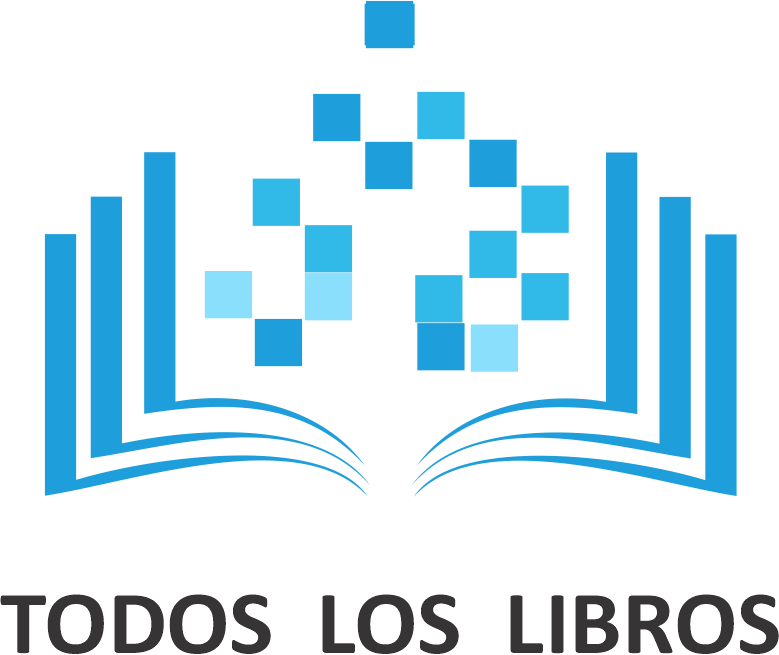Protocol Politics: The Globalization of Internet Governance (Information Revolution and Global Politics)
$209.79
What are the global implications of the looming shortage of Internet addresses and the slow deployment of the new IPv6 protocol designed to solve this problem?The Internet has reached a critical point. The world is running out of Internet addresses. There is a finite supply of approximately 4.3 billion Internet Protocol (IP) addressesthe unique binary numbers required for every exchange of information over the Internetwithin the Internet’s prevailing technical architecture (IPv4). In the 1990s the Internet standards community selected a new protocol (IPv6) that would expand the number of Internet addresses exponentiallyto 340 undecillion addresses. Despite a decade of predictions about imminent global conversion, IPv6 adoption has barely begun.Protocol Politics examines what’s at stake politically, economically, and technically in the selection and adoption of a new Internet protocol. Laura DeNardis’s key insight is that protocols are political. IPv6 intersects with provocative topics including Internet civil liberties, US military objectives, globalization, institutional power struggles, and the promise of global democratic freedoms. DeNardis offers recommendations for Internet standards governance, based not only on technical concerns but on principles of openness and transparency, and examines the global implications of looming Internet address scarcity versus the slow deployment of the new protocol designed to solve this problem.
| Peso | 13.62 kg |
|---|---|
| ISBN13 | |
| Author | |
| Publisher | |
| Binding | |
| Lenguage | |
| Publish Year | |
| Edition | |
| Pages |
Productos relacionados
-
The Story of Evolution in 25 Discoveries: The Evidence and the People Who Found It
$735.00 Añadir al carritoValorado con 0 de 5







